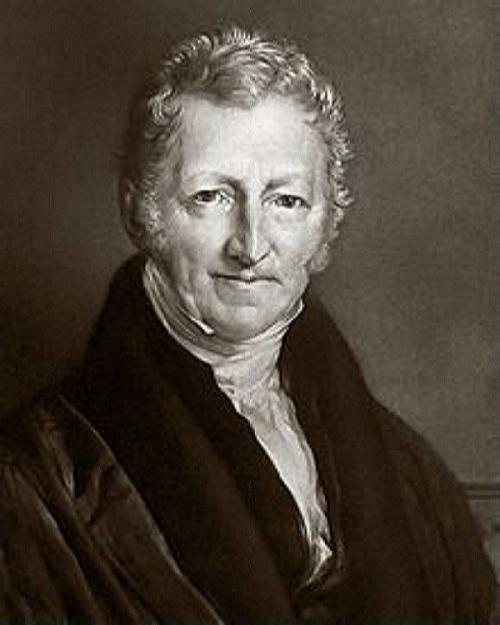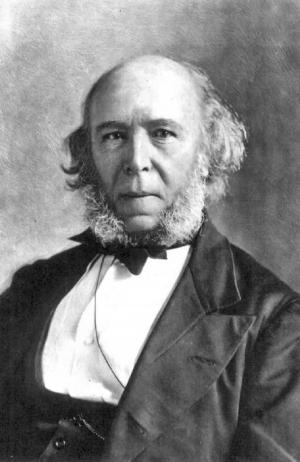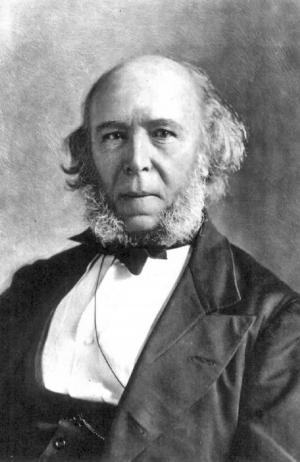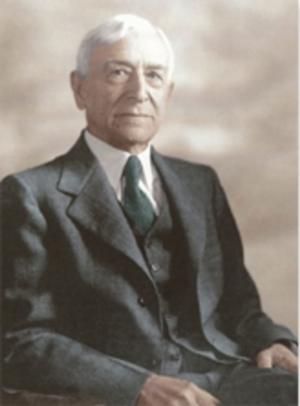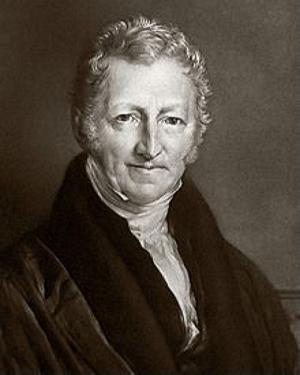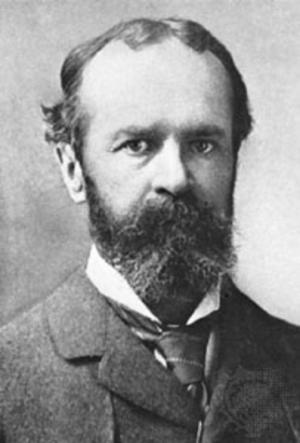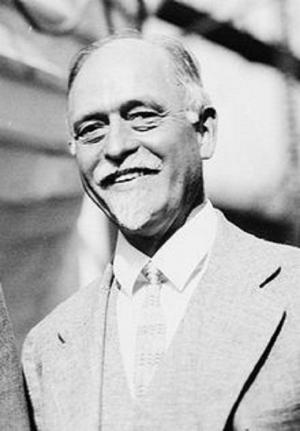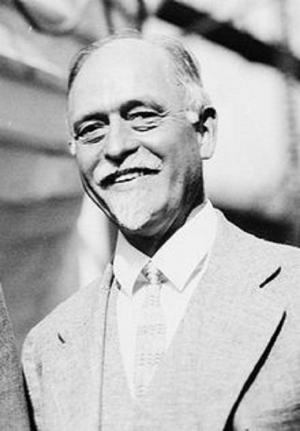An Investigation of the Cause of the Present High Price of Provisions: Full Text of 1800 Edition (Illustrated)
Business & Finance, Economics, Macroeconomics, Theory of Economics| Author: | Thomas Malthus | ISBN: | 1230000271384 |
| Publisher: | AS Team | Publication: | September 30, 2014 |
| Imprint: | Language: | English |
| Author: | Thomas Malthus |
| ISBN: | 1230000271384 |
| Publisher: | AS Team |
| Publication: | September 30, 2014 |
| Imprint: | |
| Language: | English |
The book has an active table of contents for easy access to each chapter.
Thomas Robert Malthus was the founding father of population theory of classical economics and his most well-known work AN ESSAY ON THE PRINCIPLE OF POPULATION was initially published in 1798. Malthus was often misinterpreted, but his views became popular again in the 20th century with the advent of Keynesian economics.
Malthus made essential contributions to classical economics and he has been called the most influential classical economist along with Adam Smith, John Keynes, Karl Marx, and John Stuart Mill. John Keynes called him the "first of the Cambridge economists". In The General Theory of Employment, Interest and Money, Keynes praised Malthus's understanding of an economy's difficulties in maintaining full employment.
Malthus founded the population theory of classic economics. He told the world that population would increase in an exponential way. On the other hand, food supply could only increase to a certain point due to the limitation of land productivity and other factors. Are Malthus's ideas totally irrelevant today? Not at all. The fact remains that the world population keeps increasing, and will keep increasing.
In An investigation of the cause of the present high price of provisions, published in 1800, Malthus argued high price of bread using the concept similar to “entitlements.” In spite of his principled opposition to the poor laws, Malthus conceded that their effectiveness in transferring purchasing power to those most in need was a major reason for the limited impact of the dearth.
Malthus’s work also influenced Charles Darwin and John Keynes, two of the greatest thinkers. Charles Darwin pioneered evolution theory through his book On the Origin of Species and his theory influenced not only biology but also economics and sociology.
This is a must-read book for people who are also interested in the deepest thoughts and views about the core economic subjects such as government roles by Thomas Malthus, one of the greatest thinkers on the planet.
The book has an active table of contents for easy access to each chapter.
Thomas Robert Malthus was the founding father of population theory of classical economics and his most well-known work AN ESSAY ON THE PRINCIPLE OF POPULATION was initially published in 1798. Malthus was often misinterpreted, but his views became popular again in the 20th century with the advent of Keynesian economics.
Malthus made essential contributions to classical economics and he has been called the most influential classical economist along with Adam Smith, John Keynes, Karl Marx, and John Stuart Mill. John Keynes called him the "first of the Cambridge economists". In The General Theory of Employment, Interest and Money, Keynes praised Malthus's understanding of an economy's difficulties in maintaining full employment.
Malthus founded the population theory of classic economics. He told the world that population would increase in an exponential way. On the other hand, food supply could only increase to a certain point due to the limitation of land productivity and other factors. Are Malthus's ideas totally irrelevant today? Not at all. The fact remains that the world population keeps increasing, and will keep increasing.
In An investigation of the cause of the present high price of provisions, published in 1800, Malthus argued high price of bread using the concept similar to “entitlements.” In spite of his principled opposition to the poor laws, Malthus conceded that their effectiveness in transferring purchasing power to those most in need was a major reason for the limited impact of the dearth.
Malthus’s work also influenced Charles Darwin and John Keynes, two of the greatest thinkers. Charles Darwin pioneered evolution theory through his book On the Origin of Species and his theory influenced not only biology but also economics and sociology.
This is a must-read book for people who are also interested in the deepest thoughts and views about the core economic subjects such as government roles by Thomas Malthus, one of the greatest thinkers on the planet.
